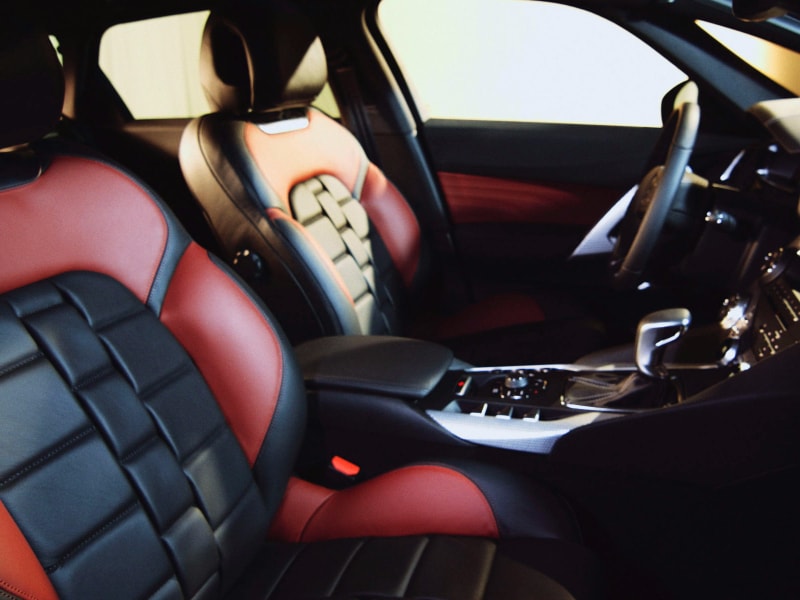
When you have car problems, you should get your car fixed quickly. Having a non-functioning car makes life quite difficult. That said, you can keep costs to a minimum. You can attend to a lot of basic repairs yourself.
Be sure and regularly check your radiator. Allow your car to run for just a few minutes, then shut off the engine, and open up the hood. Then check the coolant level, but while the car is not running. You do not want the coolant to get hot; it is dangerous. Check radiator fluid by using a dipstick and remember to dilute coolant with water prior to adding it.
It is not always necessary to call a repairman when you have car trouble. Many things can be easily fixed. Research into auto repair online may help you identify the problem. When it’s a simple fix, do it yourself!
Be sure to keep your car’s records. Store them inside the glove compartment just in case you have to see a mechanic all of a sudden. Mechanics may want to see these records. They will be able to find the problem easier and faster.
Do not let mechanics do repairs that are not warranted on your car. A good mechanic will never perform work without getting your full approval. Never take your vehicle to a mechanic that preforms unnecessary repairs.
Make sure the mechanic you hire is properly qualified. If they avoid your questions, you may want to look elsewhere. It is important to have full confidence in the competence of your mechanic. If you don’t, then move on to a better choice.
Try to find out what is causing the a problem with your vehicle before taking it to the shop. Knowing what your car needs can help you avoid being talked into repairs it doesn’t need. Mechanics sometimes will cost you an arm and a leg for unnecessary repairs.
Wiper Blades
Pay attention to the condition of your car’s wiper blades. If the wipers are streaking, you may need a replacement. Wiper blades should be replaced a minimum of once per year. If your area receives a lot of rain, then you may need to replace your blades more regularly.
See if any of your friends or family members have had a positive experience at a particular auto shop. Your relatives or friends may be able to tell you what they recommend so you can locate service more easily. Still, you should do some research on the shops they recommend. At least try to find some online reviews on the shops that they recommend.
It is just as important to get your car washed in winter as it is in summer. Though it might seem futile, the winter months can cause lots of damage. Road salt and sand cause rust and abrasion. Always dry the vehicle off, though, before you take it out for a spin so that the water doesn’t turn into ice.
Take pictures of your car before dropping it off at the mechanic to ensure that it doesn’t not receive damage while in the shop, Some disreputable garages will strip your car in order to up their bottom line. It is wise to have proof of your car’s condition, should something unfortunate occur.
You should not try diagnosing complex problems. You aren’t an expert! Modern cars include complex computer systems, and problems that were simple in the past are no longer so easy to fix. Leave the diagnosing to your auto repair shop. Allow them to know whatever is going on with your vehicle and what kinds of noises you’ve heard and let them make the decision as to what can be done.
Oftentimes people will take their car in for repairs and when they pick it up, they are informed about additional problems. This is often done to make you feel as though you’ve been given a great deal. Tell them that you’re going to have to talk to them later so that you can seek out better pricing.
Serious and potentially dangerous issues with a new car should be brought to the attention of the manufacturer There may be something wrong with the car model that will necessitate a recall. In the case of a recall, most manufacturers will pick up the cost of fixing it.
You do not have to always take your vehicle to an expensive repair shop to get it running again. If you take care of the problem yourself, you can save a lot of money. Implement what you’ve learned to help get your car on the road again.